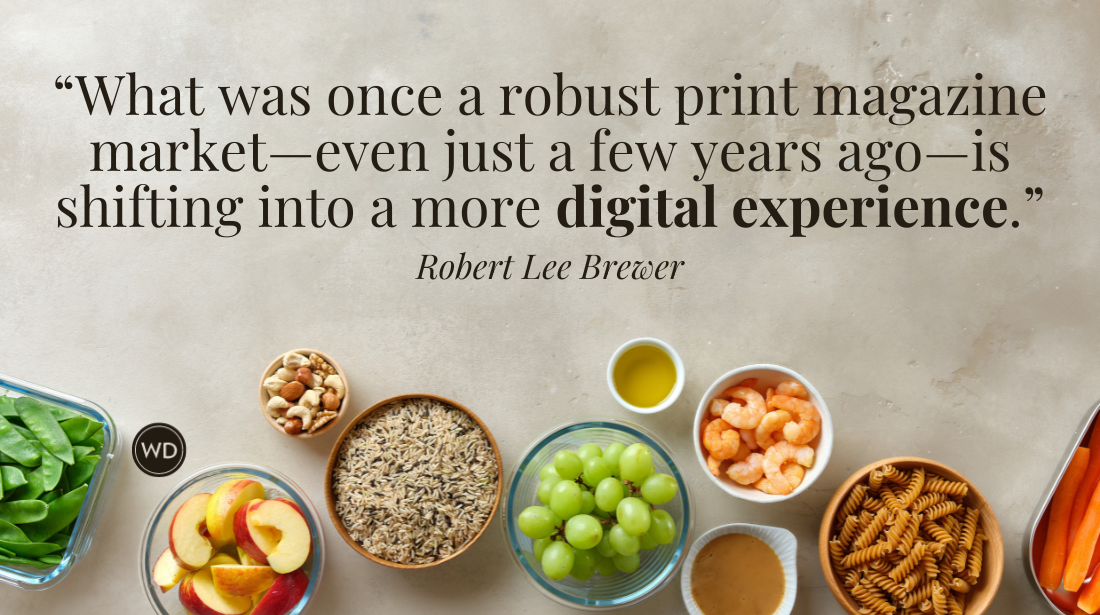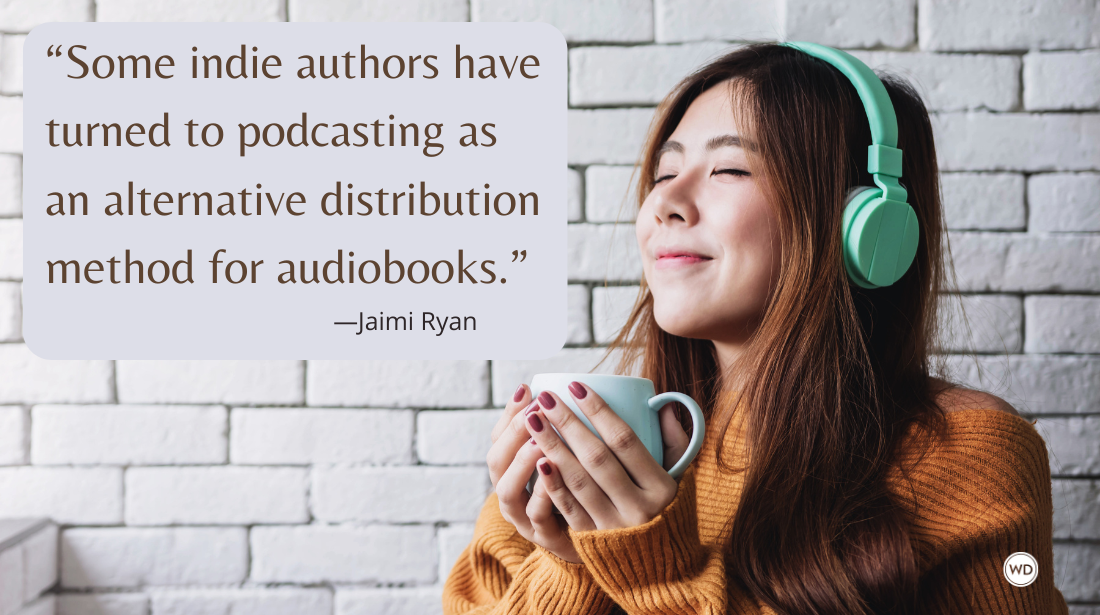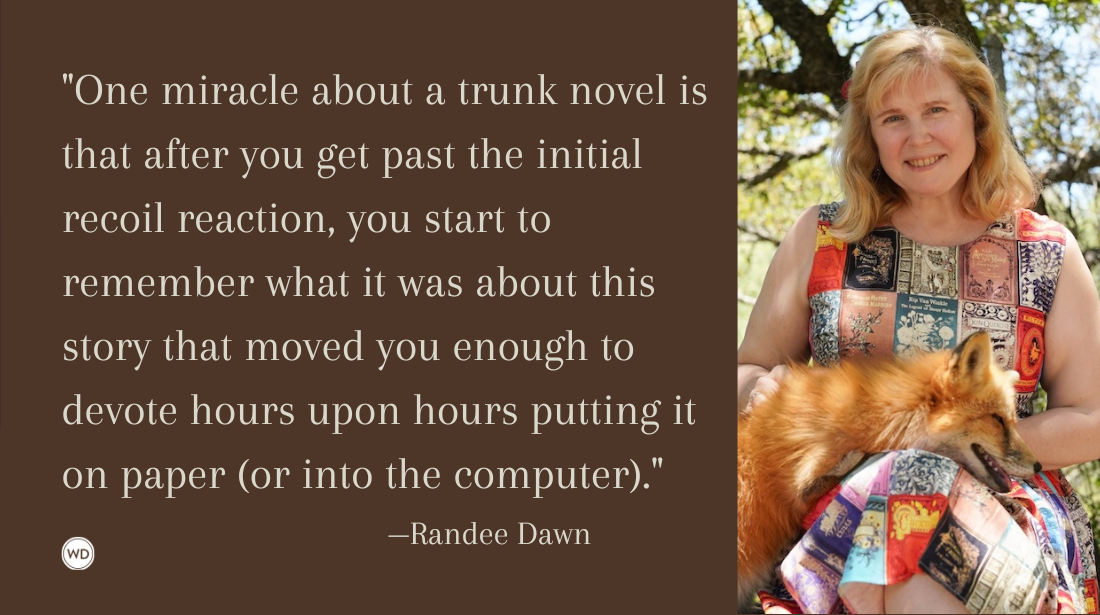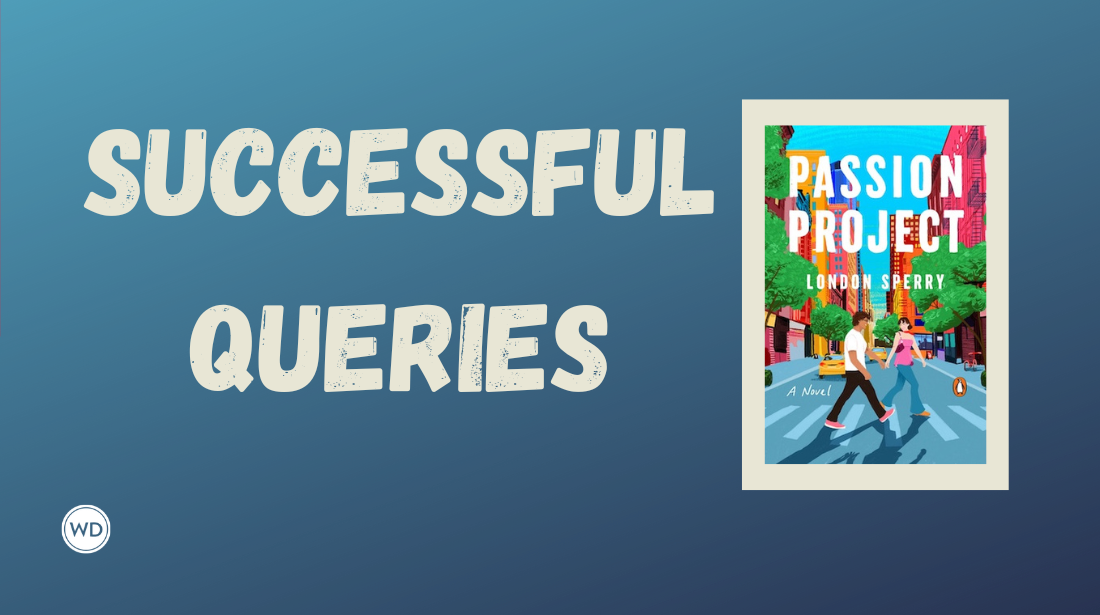How a Book Distributor Ended Up Selling Her Own Book
Davida G. Breier’s publishing story is certainly one for the books. Here she discusses how, as a books distributor, she ended up selling her debut novel.
I am a book person in every sense of the word. As a child, I never went anywhere without a book. In my teens and through my early 20s, I worked alongside my mother, who was an independent bookseller. I even traveled to book events on my own to open new accounts with publishers and wholesalers. In a twist of fate, I would later marry a sales rep from one of the accounts I opened. My first “real” job was working for a non-profit that supported itself with book and magazine sales. I started writing for them and even edited a book while there. That would eventually lead to a job with a book distributor that specialized in independent presses.
Much like working at a non-profit, book distribution meant needing a Swiss Army knife of skills—from sales to working with authors and publishers to marketing to managing events. I spent seven years working in distribution in trade publishing and then moved to Johns Hopkins University Press. There I ran the distribution division and later took over sales for the books division and several distribution clients.
After 30 years of promoting and selling other people’s books, I decided it was time to write one of my own. I knew from the start that I wanted to work with a publisher. Writing a book is hard, but editing, designing, marketing, selling, and distributing can be even harder. Self-publishing has its limitations, and I knew I wanted and needed the support and collaboration of a publisher. In another twist of fate, I would also end up selling my book, but I’m getting ahead of myself.
I finished a draft of my novel in the spring of 2018 and did what so many impatient writers do—I rushed the process. I sent it out to a few agents and publishers and while there was some interest, they all passed. They were right to pass on it because it wasn’t ready. And then I did the other thing that many demoralized writers do—I set the manuscript aside. A few years went by. Then in early 2021, a stress-induced trip to the ER resulted in me picking it up for one last revision.
Around the same time, I received a list of forthcoming books from one of my distribution clients, The University of New Orleans Press. I was surprised to see that their lead title was a psychological thriller. I had worked with them as their distributor through my moves with three book distribution companies. I had always appreciated their lists and working with them. Might they be interested in my book…?
It was a right place, right time moment and they said they wanted to publish my debut novel. It was a leap of faith for both of us. It meant that I would be an author for a publisher who was also my client. I was also in charge of sales, so I would be responsible for selling and distributing my book. I made sure we didn’t have any legal conflicts of interest and happily signed the contract.
IndieBound | Bookshop | Amazon
[WD uses affiliate links.]
The overlap of my multiple roles was awkward at times, but also incredibly helpful. I could see so much of what was going on with the book. I saw the pre-orders and demand at the wholesalers. I saw who was requesting review copies. I was able to add to the book’s metadata in real time (with the publisher’s permission). I could also go behind the curtain and look at pre-orders at a certain large online retailer. It was fascinating to me from an empirical standpoint. Did you know that one pre-order can cause a book to change its ranking by over a million and two pre-orders over two million?
I knew what it was like to work with demanding authors and vowed to be collaborative every step of the way. I had the benefit of knowing how the systems worked and the lengthy timelines involved. I could answer many of my own questions. I also had realistic expectations. I knew that most books sell fewer than 1,000 copies and that I would have to work hard to beat that number. Despite my unique situation, I still have to work as hard as any other author to market and promote my book.
Once I signed the contract, I had over a year until the pub date, and I have spent nights and just about every weekend working on the marketing. That part of the process should not be underestimated. Your publisher is going to work hard to make sure the book is edited, designed, marketed, and sold, but they still need your help reaching readers.
With about 30 years of experience, I have drawn on everything I’ve learned working in the book industry to support my novel. I continue to learn, often daily, during this process. While my role as distributor and sales director has provided me with access to information, the most important aspects of promoting my novel came down to time, research, planning, and collaboration.
Here are my top 10 tips for book promotion:
1. What’s your elevator pitch? Can you describe your book in an engaging single sentence? It’s harder than it sounds.
2. It is never too early to work on your website and social media platform(s). In fact, you want to do that as soon as possible so that your website is indexed and appears in the top search results. Consider claiming your Google identity so that you can influence how you appear in searches.
3. Long before your book comes out, consider starting an email list and newsletter and actively engage with your readers. This helps build that trust and relationship before you even release a book so they’re already supporting you on the front end.
4. Go to bookstores and libraries. Where do you see your book fitting in? Do you see any trends or opportunities for your story?
5. Spend time researching books like yours. Within the business, we call these comp titles or competitive titles. This is crucial information for buyers. Pay particular attention to books published in the last three years.
6. Booksellers can be the greatest champion for your book. Take some time to get to know your local stores and market with heart so you can make sure you don’t get lost in the shuffle.
7. Data is everything. Your book will likely first be discovered online and you want to make sure you are including concise keywords and strong descriptive text.
8. Patience is key! Your publisher is investing in your book and they want to see it succeed as much as you do. A buyer may have skipped your book. That doesn’t mean your book isn’t fabulous; it may just mean it wasn’t right for that store or that the store or wholesaler is going to wait and see what the demand looks like before they order.
9. Publishing can be a small community. Be the kind of author people want to work with and treat everyone with respect. You’re building a great community, and your reputation, in the publishing world.
10. It’s okay not to understand everything. Don’t be afraid to ask questions. Ask for help when you need it.
Davida G. Breier was born in Miami, Fla. She's spent the last two decades in various roles within the book industry and currently works for Johns Hopkins University Press. Publishers Weekly called her debut novel, Sinkhole (University of New Orleans Press) a “mesmerizing debut.” Davida lives in Maryland with her family, a pack of wee rescue dogs, a rescue tortoise, and two companion chickens.








